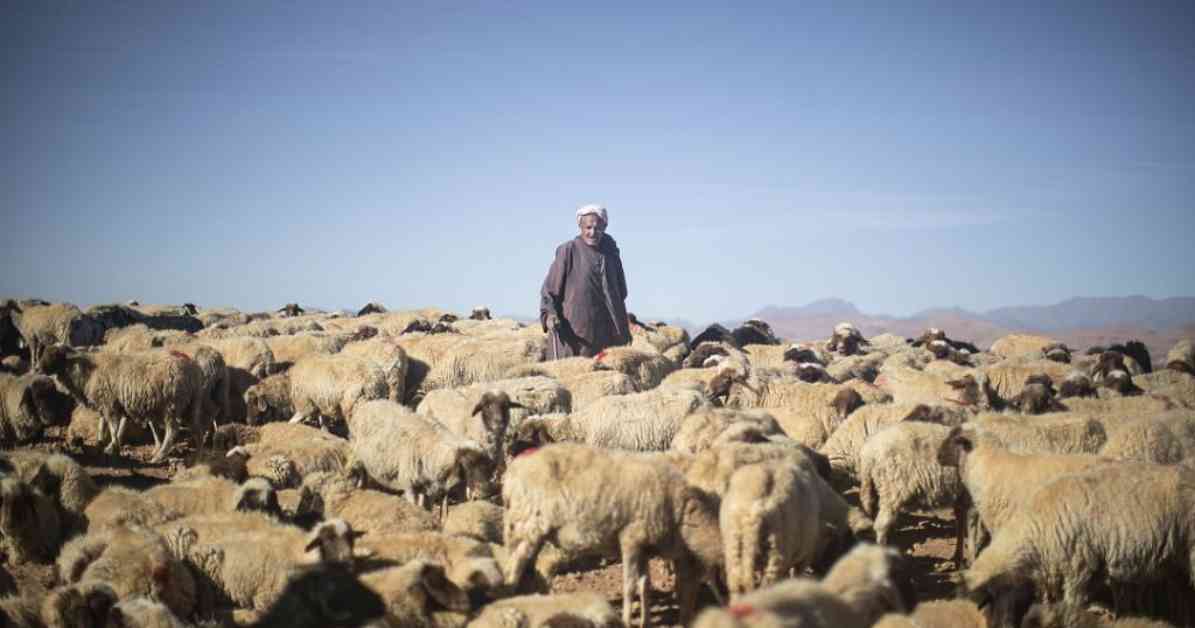Eid Al-Adha is a significant celebration for Muslims worldwide, including Moroccans, who traditionally sacrifice an animal as part of the festivities. However, this year, Morocco is facing challenges due to a drought that has affected the availability of food for sheep, impacting the preparations for Eid.
Farmers like Wahid Redouane are struggling to provide enough food for their flocks, resorting to selling sheep to afford fodder for the remaining ones. This has led to a rise in prices in the market, making it difficult for many Moroccans to purchase sheep for the upcoming celebration.
In response to the shortage of sheep and the high prices in local markets, some sellers are turning to Spain for more affordable options. Spanish sheep are being imported at a lower cost, offering customers a more budget-friendly alternative to the expensive Moroccan sheep.
The climate crisis in Morocco is exacerbating the situation, with experts warning that the problem is likely to worsen in the future. Mustapha Benramel, an environment expert, emphasizes the need for modern livestock breeding practices to help farmers adapt to the consequences of the changing climate and ensure the sustainability of livestock in the country.
As the prices of sheep continue to rise, many customers are left wondering about the future implications of the ongoing crisis. The uncertainty surrounding the availability and affordability of sheep raises concerns about how Moroccans will continue to celebrate Eid Al-Adha in the coming years.
With Eid Al-Adha approaching on 17 June in Morocco, the challenges faced by farmers and consumers highlight the urgent need for innovative solutions to address the impact of the climate crisis on livestock and ensure the continuation of important cultural traditions in the country.













